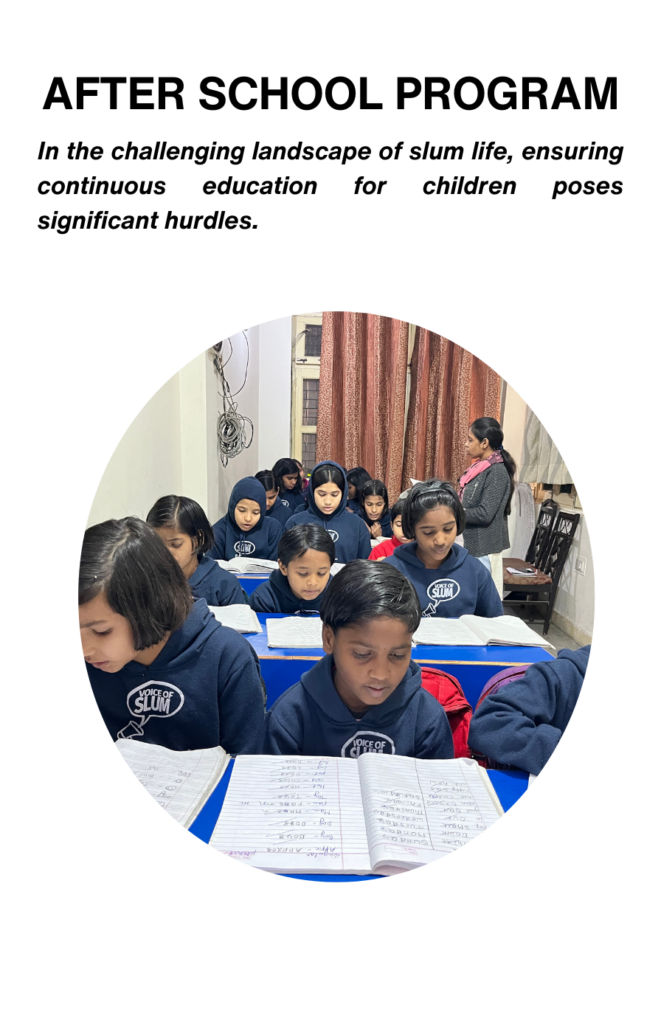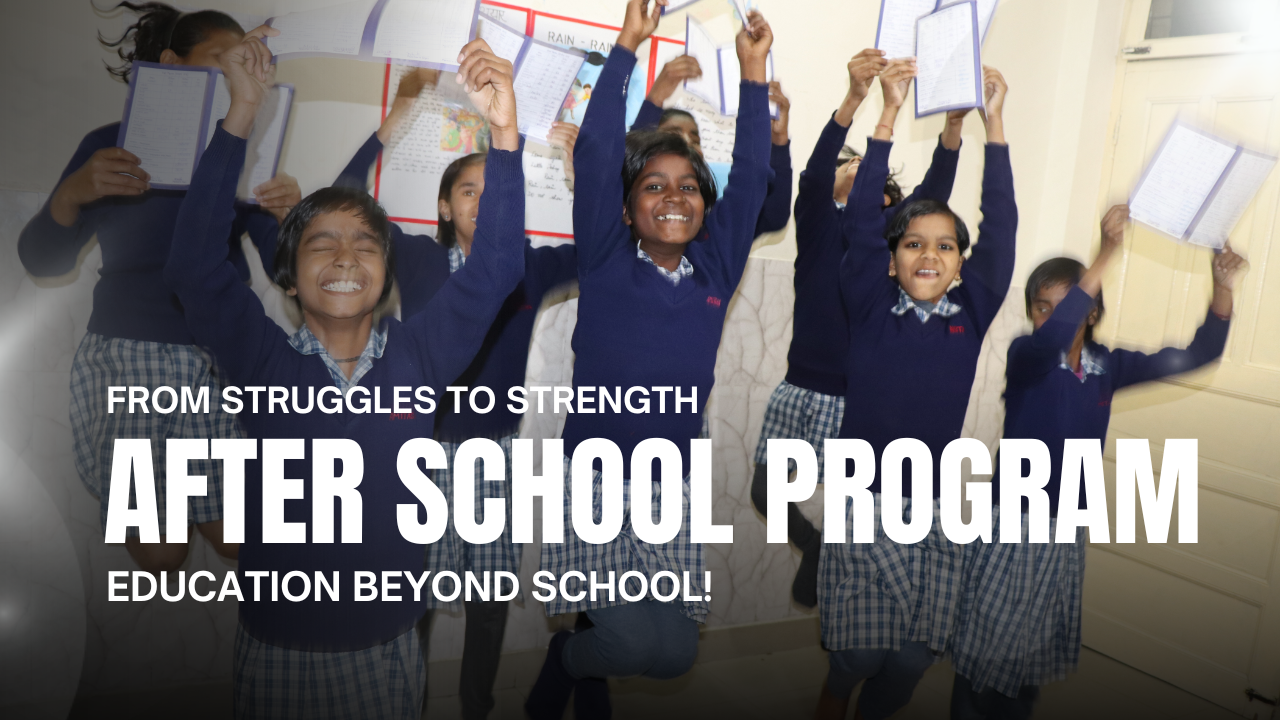
AFTER SCHOOL PROGRAM
In the challenging landscape of slum life, ensuring continuous education for children poses significant hurdles. Voice Of Slum recognizes these obstacles and addresses them through its After-School Program, a crucial initiative aimed at facilitating the transition of children from informal learning to formal schooling.
Objective of Afterschool Program
Holistic Development of Children
Our program doesn’t just focus on academics; it nurtures the overall well-being of children by enhancing their confidence, emotional resilience, and life skills.
Ensuring Academic Excellence
Our afterschool program offers structured tuition classes, doubt-clearing sessions, and homework assistance, ensuring they perform well in academics.
Preventing Dropouts
Financial difficulties, peer pressure, and lack of motivation often force children to drop out of school at an early stage.
Personalized Guidance
Our tuition classes provide one-on-one guidance to help students improve their weak subjects, prepare for exams, and develop a love for learning.
The Challenge
In the slum environment, children face multifaceted challenges hindering their educational journey. Many children lack access to formal schooling due to financial constraints, family dynamics, and societal barriers. Moreover, the absence of structured support systems often leads to disengagement from education, leaving children vulnerable to various risks.
The Solution
The After-School Program serves as a beacon of hope, offering holistic support to slum children. By creating a nurturing environment, providing academic assistance, and fostering social and emotional development, the program addresses the diverse needs of the children. Through a combination of educational activities, skill-building sessions, and emotional support, Voice Of Slum empowers children to thrive academically and personally.
AFTER-SCHOOL PROGRAM FOR CHILDREN FROM SLUM COMMUNITIES
Empowering through Literacy, Knowledge & Skills
-
Literacy and Numeracy
Hindi & English language proficiency
-
Knowledge
Basic Math, Science, Social Studies, General Awareness, and Life Skills
-
Skill Development
Performing Arts (Music, Dance, Theatre), Public Speaking, Creative Writing, Sports, and Digital Literacy
Holistic Development with Voice of Slum’s Support
-
Life skills training
Confidence-building and communication
-
Learning Space
Providing Access to books, educational tools, and mentorship
-
Mental Health & Counseling
Dedicated sessions to those children who are in need for emotional well-being and resilience
Voice of Slum is committed to bridging the gap in education and opportunities for slum children, ensuring they thrive in mainstream education and beyond.
Make a Difference Today!
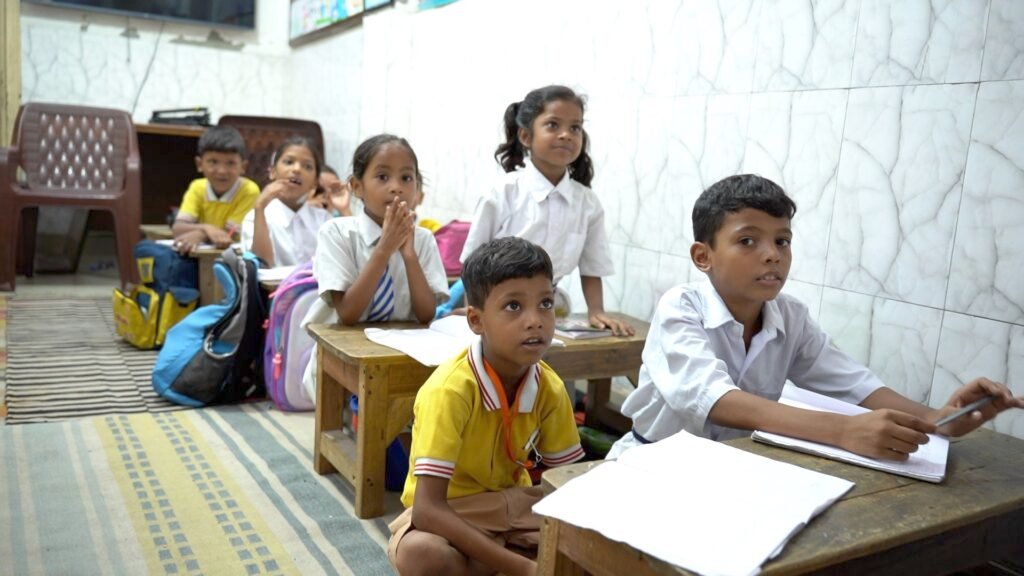
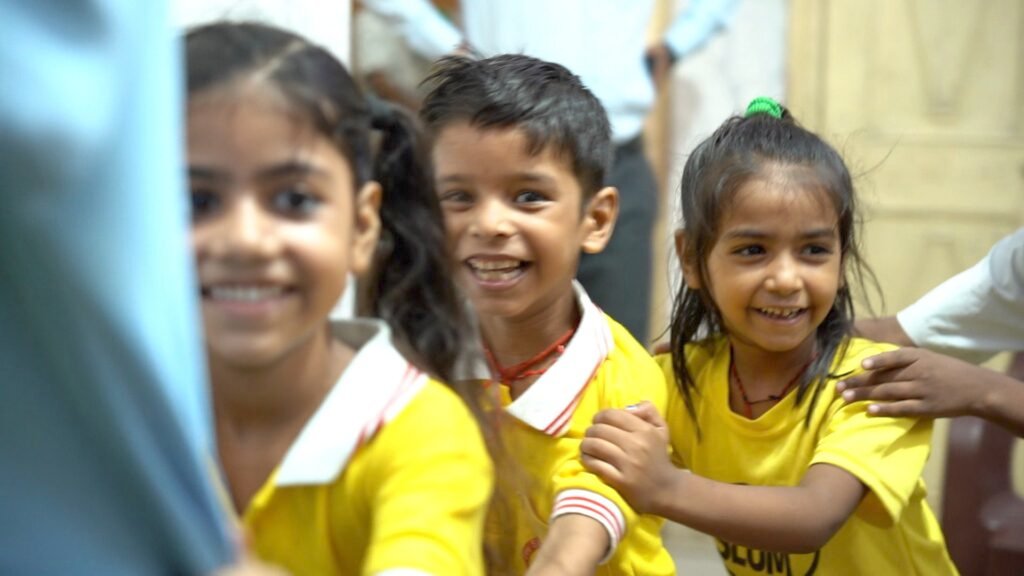
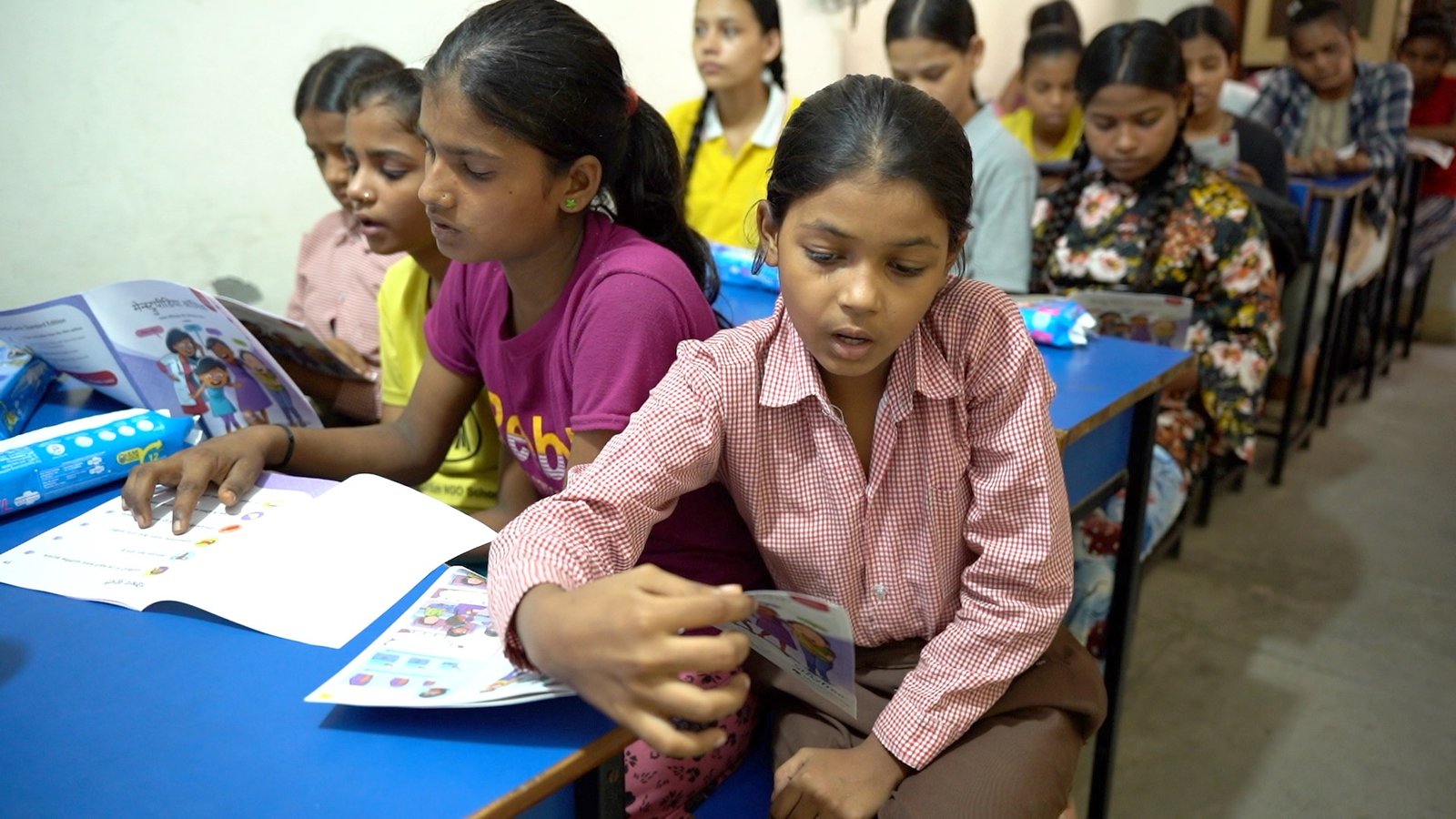
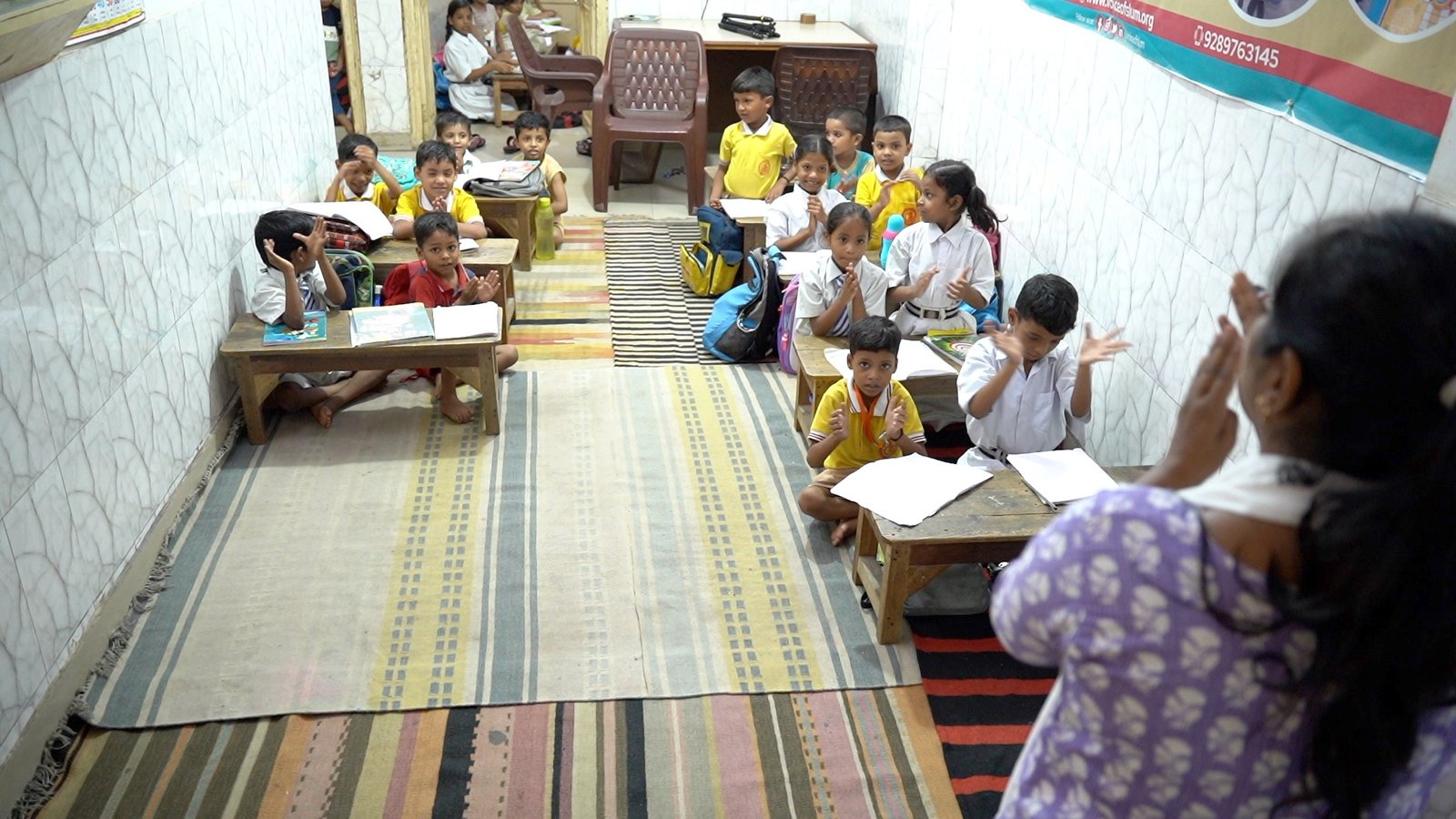
The Result
The impact of the After-School Program is profound and far-reaching. By instilling a sense of belongingness and confidence, children are motivated to actively participate in formal schooling. Academic support ensures that children can overcome learning barriers and excel in their studies. Moreover, the program enhances social skills, resilience, and self-esteem, equipping children with essential tools for navigating life’s challenges.
The After-School Program has transformed the lives of slum children, empowering them to break the cycle of poverty and chart a brighter future. By nurturing a generation of resilient, educated youth, Voice Of Slum fosters positive outcomes such as increased school attendance, improved academic performance, and enhanced overall well-being. Through its unwavering commitment, Voice Of Slum continues to be a catalyst for change, shaping a future where every child has the opportunity to thrive and succeed.
- FAQS
Voice of Slum is a non-profit organization dedicated to uplifting underprivileged children by providing them access to education, food, and skill development. Our mission is to break the cycle of poverty and empower slum children with opportunities for a better future.
Yes, all our campaigns are 100% genuine and directly benefit slum children and their families. We work transparently and ensure that every donation is utilized for its intended purpose.
You can donate online through our website using debit/credit cards, UPI, net banking, or digital wallets. Every contribution, big or small, helps us support more children.
All donations to Voice of Slum are eligible for tax exemption under Section 80G of the Income Tax Act. After your donation, you will receive an 80G receipt via email, which you can use for tax benefits.
To claim your tax exemption, you can request Form 10BE from our team. It will be provided after the financial year ends and can be used while filing your income tax returns.
We accept donations through various methods, including debit cards, credit cards, UPI, net banking, digital wallets, and bank transfers, making it easy and secure for donors to contribute.
Most popular questions
The After School Program is a supplementary educational initiative designed to support underprivileged children from slum communities after their regular school hours.
The After School Program is open to children from slum communities who are enrolled in formal schools and are seeking additional academic support and enrichment activities.
The program includes a range of activities such as homework assistance, academic tutoring, skill-building workshops, arts and crafts, sports, and cultural activities.
The After School Program typically runs in the afternoons or evenings, after the children’s regular school hours, providing them with a safe and supportive environment to learn and grow.
No, the After School Program is provided free of charge to children from slum communities as part of Voice of Slum’s commitment to supporting their holistic development
The After School Program complements the Bridge Program by providing ongoing academic support and enrichment activities to children who have successfully completed the Bridge Program and are now enrolled in formal schools.
The After School Program is facilitated by a team of dedicated instructors, volunteers, and mentors who are committed to providing quality education and support to the children from slum communities.
If you’re interested in volunteering or contributing to the After School Program, please reach out to us through our website or contact our team directly. We welcome individuals and organizations passionate about making a difference in the lives of underprivileged children.
The After School Program aims to improve academic performance, enhance social skills, boost self-confidence, and provide a supportive community for children from slum communities, ultimately empowering them to reach their full potential.
Parents or guardians are encouraged to stay engaged and informed about their child’s progress by attending regular parent-teacher meetings, participating in workshops and events, and maintaining open communication with program coordinators and instructors.


